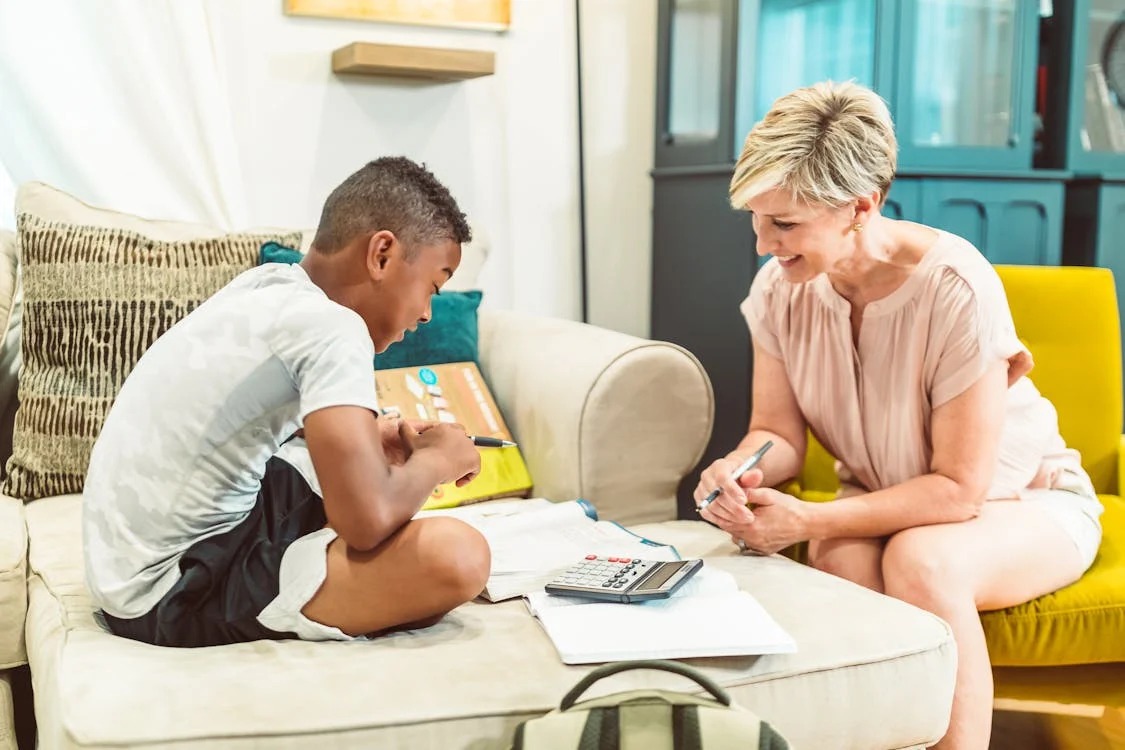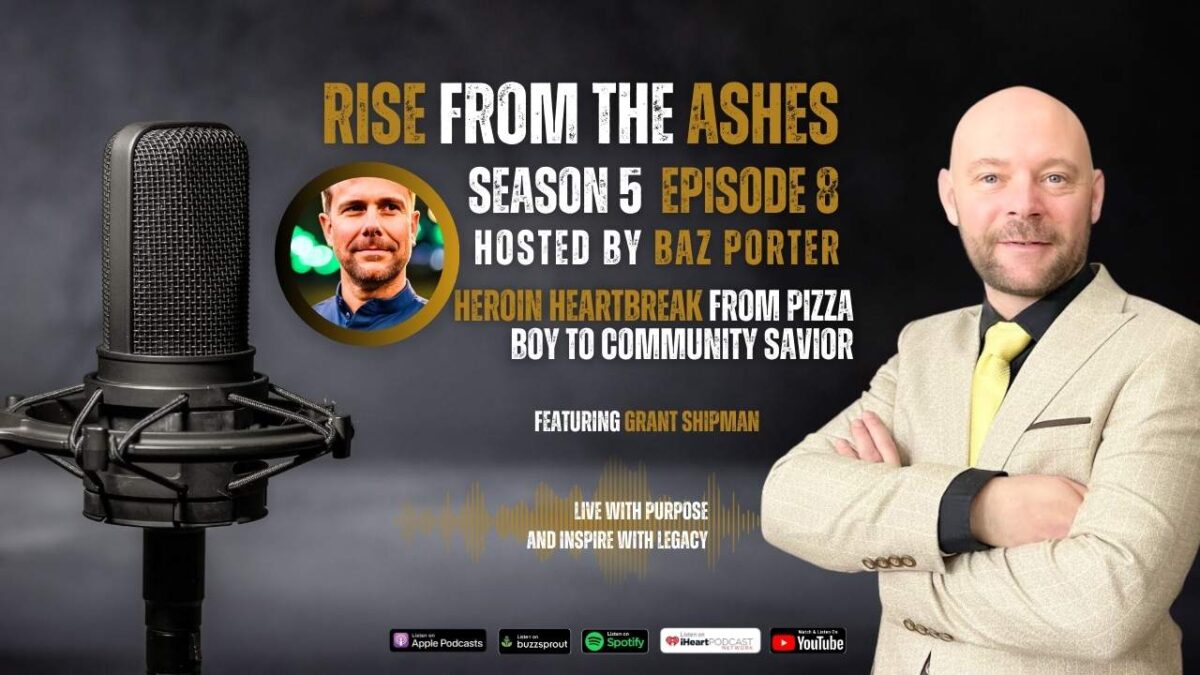
Thanksgiving is a time for reflection, gratitude, and connection — a moment to celebrate the communities we build, both within our families and beyond. As we approach Thanksgiving Day 2024 in the United States, let’s explore how gratitude and togetherness shape our lives as parents and community members.
Gratitude as a Daily Practice
Parenthood gives us countless reasons to feel thankful, even during challenging times. Gratitude isn’t just a feeling; it’s a practice that deepens our connection to the present moment. Thanksgiving provides a perfect opportunity to recommit to this mindset and teach it to our children.
One value that resonates deeply with the spirit of this holiday is community. Thanksgiving is a celebration of shared experiences. It’s a time to gather around the table, enjoy each other’s company, and take a break from the distractions of daily life. While traditions like delicious meals and football games are wonderful, the heart of Thanksgiving lies in togetherness.
Community: A Pillar of Conscious Parenting
For parents, the concept of community holds profound significance. The adage, “It takes a village to raise a child,” reminds us of the importance of supportive networks. Building such a community is a cornerstone of the Conscious Parenting Revolution, where parents work together to raise children who are independent, resilient, and kind.
This is why the Conscious Parenting Revolution created a dedicated Facebook group — a space for like-minded parents to connect, share experiences, and support one another in navigating the journey of parenthood. If you’re not already part of this community, now is the perfect time to join and experience its benefits firsthand.
Teaching Children the Value of Community
Fostering a sense of community isn’t just essential for parents — it’s equally vital for children. From sharing crayons on the first day of kindergarten to joining a local soccer team, kids begin building their own communities at an early age. These connections profoundly influence their development, helping them grow into compassionate and self-assured adults.
As conscious parents, we can guide our children in creating healthy, fulfilling communities.

Here’s how:
- Encourage Advocacy: Teach your children to express their needs respectfully, empowering them to form friendships and support systems that nurture their well-being.
- Model Trust and Boundaries: By cultivating open, trusting relationships with your children, you provide them with a template for seeking positive and respectful interactions with others.
- Navigate Conflict Together: Conflict is inevitable, but it’s also an opportunity to model repair and reconciliation. Showing children how to resolve disagreements strengthens their ability to maintain meaningful relationships.
Celebrating Thanksgiving with Family Bonding Activities
Looking for ways to create lasting memories this Thanksgiving? Here are some fun and meaningful activities to enjoy as a family:
Outdoor Adventures
- Gratitude Walk: Share what you’re thankful for while strolling through your neighborhood or a nearby park.
- Turkey Tag: Attach paper “turkey tails” to belts and enjoy a lively game of tag.
- Community Chalk Mural: Invite neighbors to contribute to a shared “Gratitude Wall” on your sidewalk.
Indoor Activities
- Story Sharing: Recount family traditions or favorite Thanksgiving memories to strengthen generational bonds.
- Cooking Together: Let kids help prepare the meal with age-appropriate tasks, teaching collaboration and life skills.
- Gratitude Garland: Write things you’re thankful for on paper strips and link them into a colorful display.
Creative Crafts
- Handprint Turkeys: Each feather can represent something your child is grateful for.
- Pumpkin Centerpieces: Mini pumpkins with messages of thanks make meaningful table decor.
- Family Photo Collage: Reflect on cherished moments by creating a collage together.
A Final Thanksgiving Message
This Thanksgiving, let’s embrace gratitude and community as guiding principles for our families. By modeling these values, we teach our children how to build strong, supportive relationships that will sustain them throughout their lives. From the entire Conscious Parenting Revolution team: Happy Thanksgiving to all who celebrate. May your holiday be filled with love, joy, and the warmth of togetherness.
Love and Blessings,
Katherine Sellery















